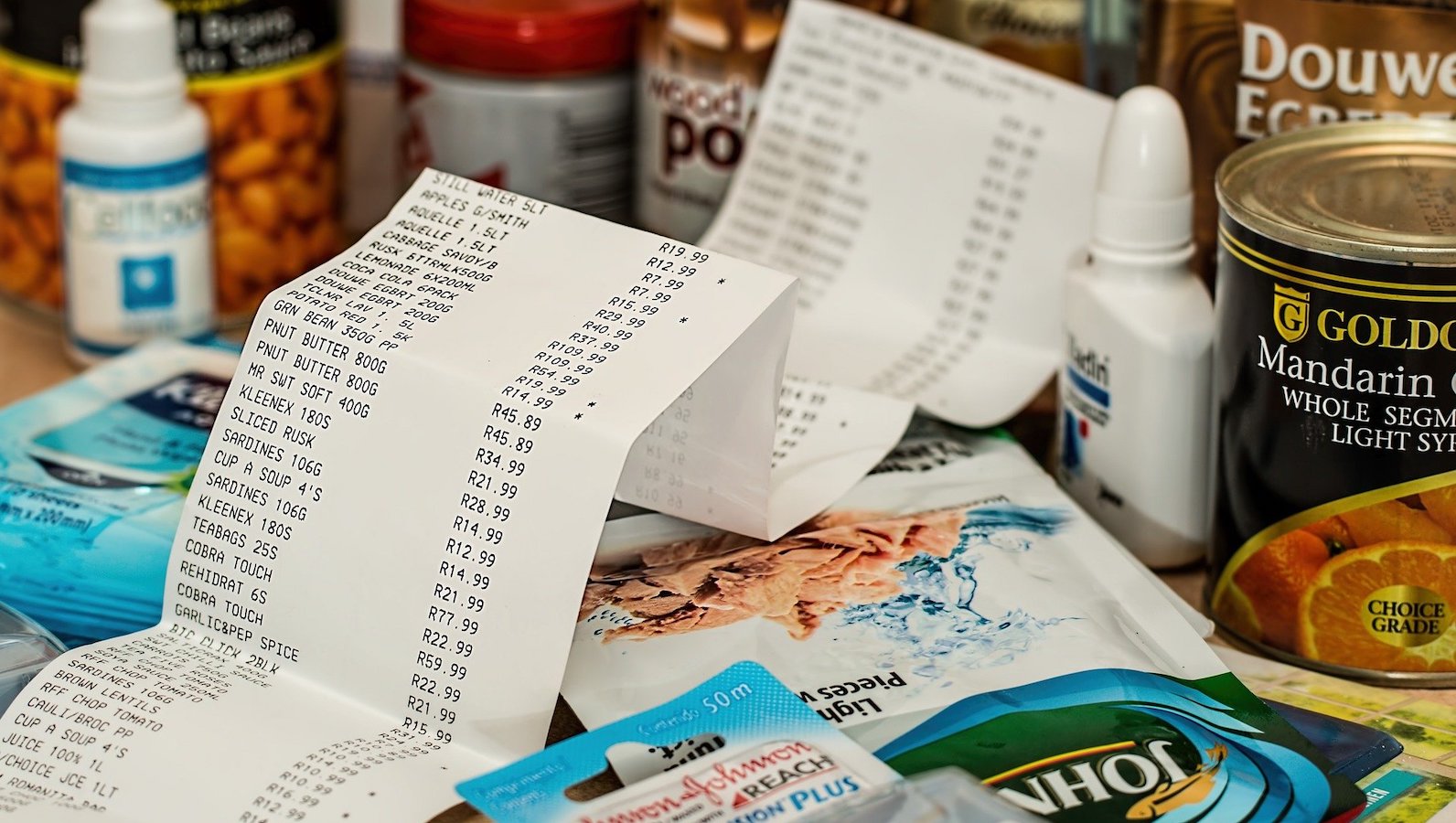
Updated: Common Questions on the COVID-19 Vaccine
As of November 2021, nearly 67 percent of people are vaccinated in Pima County, and while that’s good compared to many parts of Arizona, health experts say we need to vaccinate between 75-80 percent of the population to neutralize this virus. Getting vaccinated is the best way to protect you and your campus community.
Downloads
As of November 2021, nearly 67 percent of people are vaccinated in Pima County, and while that’s good compared to many parts of Arizona, health experts say we need to vaccinate between 75-80 percent of the population to neutralize this virus. Getting vaccinated is the best way to protect you and your campus community.
● Who is eligible? Right now, anyone who is 5 years or older in Pima County can receive a COVID-19 vaccine.
● How much does it cost? The COVID-19 vaccines are free of charge for everyone. Vaccination providers are unable to charge you for the vaccine or deny anyone who does not have health insurance coverage.
● Is it effective? The COVID-19 vaccines are extremely effective in preventing death, serious illness, and hospitalization from COVID-19, even with the Delta variant.
● Can you get COVID-19 from the vaccine? No. The vaccine doesn’t contain the live virus, so the vaccine cannot make you sick with COVID-19.
● Will I have side effects? Many people have no side effects. However, some people may have very mild symptoms after receiving the COVID-19 vaccine as the body builds up its immune response. Receiving the vaccine is the best way to avoid serious illness from COVID-19.
● Do I need it if I’m young and healthy? Yes. Even if you’re young and healthy, you still can get infected with COVID-19 and infect others. Receiving the vaccine is the best tool you have in order to keep yourself and others safe.
● Will the vaccine change my DNA? No. The COVID-19 vaccine doesn’t interact with or alter DNA in any way.
● If I already got COVID-19, do I still need to get the vaccine? Yes. Even if you have recovered from COVID-19, you should still receive the vaccine. While your body does develop antibodies, the vaccine is the most proven method in helping prevent additional infection or spread of COVID-19.
● Am I going to test positive for COVID-19? No. Receiving the vaccine does not cause you to test positive on a viral test used to check for current infection.
● How are cases continuing to increase even though a lot of people are vaccinated – why should I get a vaccine? The recent rise in cases is largely due to the Delta variant, which spreads faster than the original virus. Currently, more than 90% of hospitalizations and deaths are among unvaccinated people — getting your shot is the best way to prevent serious illness and death.
● What does full FDA approval for Pfizer’s vaccine mean? The first people to receive the Pfizer COVID-19 vaccine in March 2020 have been monitored closely for well over a year, with no major adverse effects. The process was transparent and rigorous throughout, with continual oversight and expert review. The Pfizer vaccine has received full FDA approval. For full approval of a new drug, the FDA requires extensive data on safety and effectiveness, inspection of manufacturing facilities, and a comprehensive review of all clinical and “real-world” use.
● Do I need to get a booster shot? Although the vaccines continue to give high protection against severe disease and death, leading doctors and scientists have closely reviewed emerging data and found that vaccine efficacy wanes slightly after several months. That’s why the FDA and CDC have approved booster doses for all adults ages 18 years and older who received a Pfizer-BioNTech or Moderna vaccine at least six months after their second dose, or at least two months after receiving the Johnson and Johnson vaccine.
For more information or to find a location to get your vaccine, please consult with your Dr. or visit the website of the Pima County Health Department.
To volunteer with the Arizona PIRG Education Fund, please send an email to [email protected] or call us at (602)252-9227.
This Project is supported by the Health Resources and Services Administration (HRSA) of the U.S. Department of Health and Human Services (HHS) as part of an award totaling $11,169,572 The contents are those of the author(s) and do not necessarily represent the official views of, nor an endorsement, by HRSA, HHS, or the U.S. Government. For more information, please visit HRSA.gov.
FAQs Updated: November 20, 2021
Topics
Find Out More


Common Questions on the COVID-19 Vaccine

Nursing home safety during COVID: Cases and Vaccines
